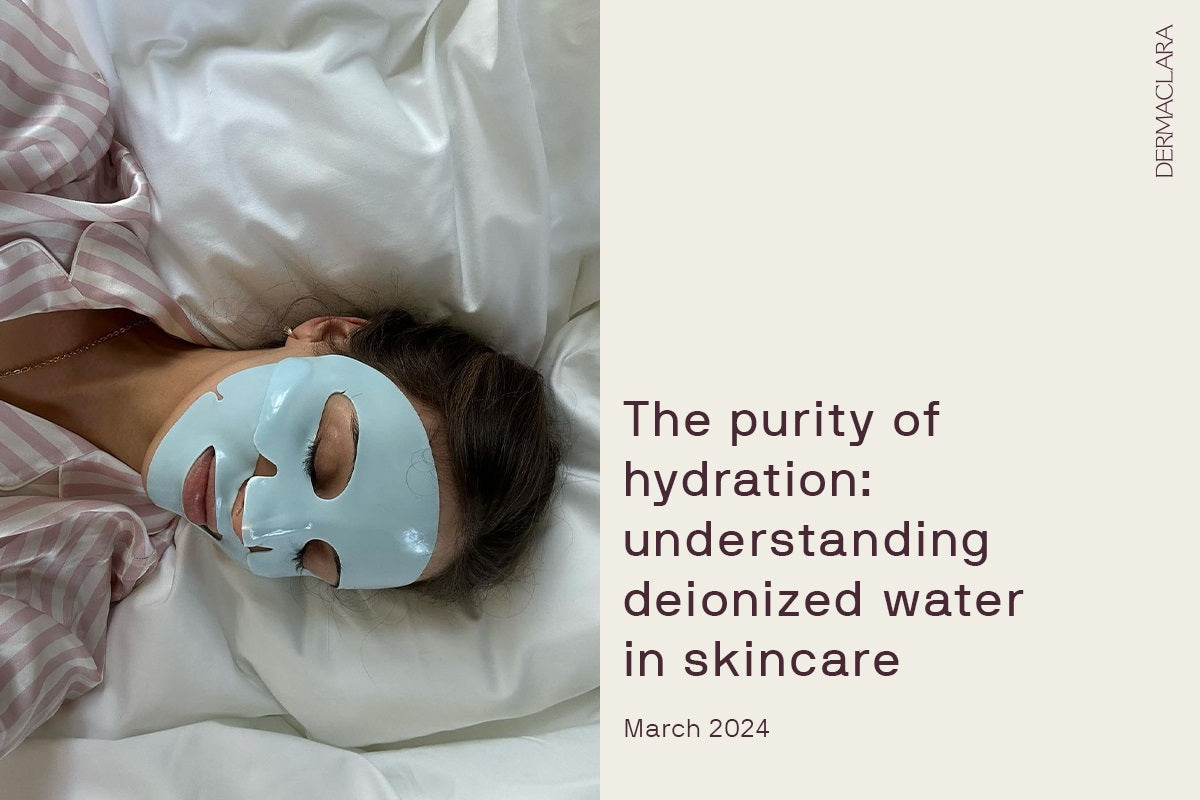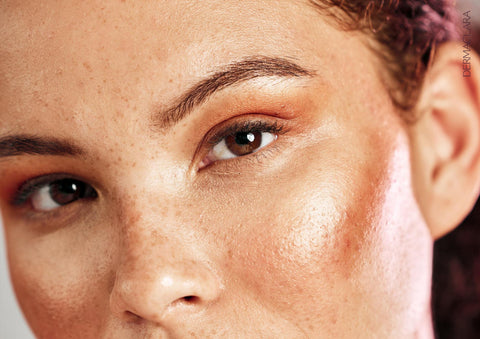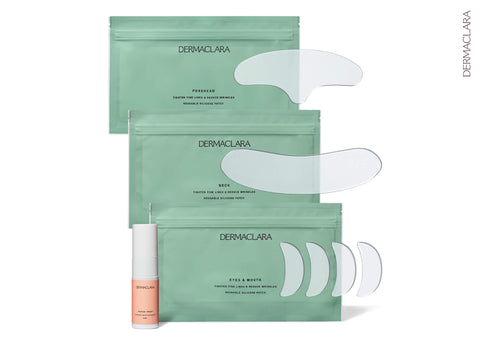The Purity of Hydration: Understanding Deionized Water in Skincare

In cosmetic and pharmaceutical-producing organizations, purity and sterility must be attained or maintained to produce safe products for consumers. Water is an essential chemical compound in cosmetics and is found in virtually all kinds of skin products.
It plays numerous roles and, in the right proportion, allows for the production of different skin products with varying texture and consistency. Since water is an important compound in production, and it must be pure and free from contaminants. A common form of purified water is Deionized water. This article provides answers to questions like “What is Deionized water?”, alongside other information you need to know.
What is deionized water?
Deionized water refers to a form of purified water that has undergone different processes to remove part or all of the ions. Usually, when water is pumped from a source (surface or underground sources), it absorbs ions through the plants and soils and these ions can be calcium, iron, or sodium. The sourced water will also contain contaminants and other organic compounds with ionic charges. Through deionization, these contaminants and their ions are filtered out to produce pure water.Deionized vs Distilled water
Deionized vs distilled water are two common purified water used for cosmetic and pharmaceutical production, however, they differ in purification process and use. Deionized water is processed to be free from contaminants carrying electrical charges and mineral ions.Distillation focuses on removing all contaminants regardless of their electric change and is more sterile than deionized water. Distilled water is used in laboratory practicals where purity and sterility are of utmost importance.

Benefits of deionized water for skin
Deionized water offers many benefits to the skin, and they include:Optimal hydration: Water is an essential skin hydrant that manages dryness and dullness. Deionized water refreshes the skin and prevents dryness that can lead to wrinkles and facial lines.
Improved product results: Products formulated with deionized water produce better results as they penetrate deep into the skin's layer.
Improved product texture: Deionized water is used when formulating skincare products that are easily absorbed into the skin. Without water to produce a better texture, the products may be too thick to use.
Advantages of Deionized Water in Skincare Products
Deionized water is often preferred for the industrial production of skin products for many reasons. The following are the benefits of deionized water:Purity: Deionized water for skin is considered pure and free from contaminants that may be present from its initial source. This sterility makes it perfect for the production of skincare products where safety is paramount.
Increased Skin Absorption: Since deionized water has little to no impurities, it is easily absorbed into the skin. When combined with other skin ingredients to make topical products, it penetrates the skin and produces better results.
Neutral PH: Deionized water has a neutral PH and does not react with other chemical components during skincare production. Thus, using deionized water in moisturizers and other skincare reduces the risk of skin irritation during and after application.

Tips for checking High-Quality Water in Skin Care Products
As skincare enthusiasts, it is essential to source for high-quality skin products if you are looking to achieve the desired result. Water is an essential skin care component that can determine the effectiveness of a product, and the following ways to check high-quality water include:-Check the ingredient list: Usually located at the back of the skin packaging, the ingredient list contains all the chemical compounds used in making a particular product. Since water is often listed as the first product on these packages, you can look for important terms like purified, distilled, or deionized.
Look out for the certifications: Before a skin product is released into the commercial market for sale, they receive certificates from different independent organizations like the Water Quality Association. These certifications serve as a stamp of authenticity to buyers, assuring that the product meets the required water purity level.
Check out the testing results of the product: Many skincare brands perform preliminary testing on the water used for commercial production to check its sterility and safety. Ensure you choose products that publish the results of these tests, as they serve as an indicator of excellence.
How to deionize water
Deionizing water can occur in numerous ways as different purification technologies remove ions. Here's how to deionize water industrially or commercially:Electrodeionization (EDI) is a technique that uses direct current electricity, ion exchange membranes, and resin to deionize water. This ionizing technique involves three steps – electrolysis, ion exchange, and electrochemical regeneration. It operates continuously without chemicals to produce ultrapure water. Using electricity, electrodes (anion and cation exchange membranes), and resin, water is purified.
Ion exchange is a deionization process that involves passing water through ion-exchange beads. The mechanism of this process ensures that when water comes in contact with these beads, ions are transferred from the water to the beds and transferred back by H+ and OH- ions in water to produce deionized water.
Can you drink deionized water
It is quite common to see questions like “Can you drink deionized water?” Deionized water may sound safe to drink as its production process gets rid of contaminants and other dangerous particles. However, this kind of purified water is not the best option for the human body when compared to other safe drinking water for many reasons.Due to the outright removal of minerals, deionized water has a flat or off taste. Deionized water also lacks minerals and ions such as magnesium, calcium, and iron that are essential to the body. It's important to note that deionized water can still contain tiny microorganisms like bacteria and viruses. These microbes are resistant to the deionizing procedures and can still cause illness once they get into the body.
Leave a comment